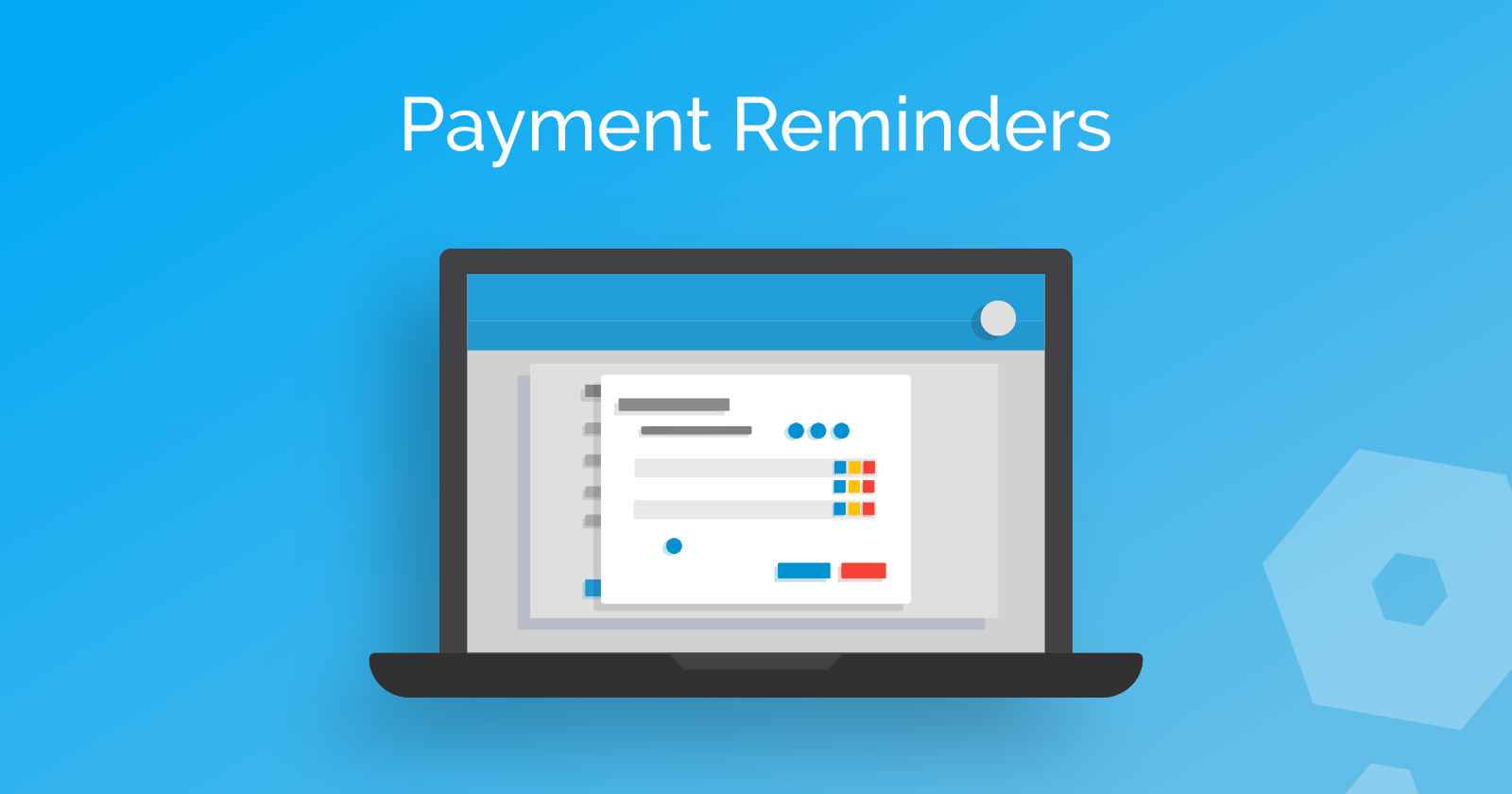Late payment is a real problem for small businesses, with the COVID-19 pandemic only amplifying this over the last twelve months. The Prompt Payment Code (PPC) is setting out to make a difference, with companies signing up to the scheme pledging to pay on time.
What is the Prompt Payment Code?
The Prompt Payment Code encourages best payment practice between businesses and their suppliers. Being paid on time is essential for all businesses if they are to maintain a healthy cash flow, but for small businesses it’s even more crucial.
First launched in December 2008, the Prompt Payment Code sets the standard for payment practices, although joining is voluntary. Previously under the control of the Chartered Institute of Credit Management (CICM) this transferred to the Small Business Commissioner’s office in March 2020. This is so all initiatives relating to late payment now come under a single umbrella.
Last month, yet more updates were made to the scheme so that smaller businesses especially will benefit. Signatories must now commit to paying 95% of their invoices within a maximum of 30 days, slashing it from the old 60-day term.
What other changes are coming into effect?
- Business owners, company CEOs or finance directors must now personally sign the Code themselves. This means that the highest levels of an organisation are now responsible for good payment practices.
- The ability for suppliers working with PPC signatories to charge interest if a payment is late.
- A logo that companies signing up to the scheme can use on their website, invoices and other communications. This logo shows the world that the company takes prompt payment seriously – and if they don’t, their reputation is likely to suffer.
- The ability for administrators of the Code to investigate breaches if information is brought to light by a third party.
See the latest government news release on this subject.
Is there a grace period before the new PPC rules kick in?
Yes. The new requirement for signatories to pay 95% of invoices from small businesses (those with under 50 employees) within 30 days will come into effect on the 1st July 2021. When paying larger businesses, the target for payment remains set at 60 days.
The changes to the PPC are part of a wider consultation on the powers of the Small Business Commissioner, the closing date for which was the 24th December 2020. The results of the consultation are yet to be published.
Why is the Prompt Payment Code so important?
Late payments can seriously damage business health. Around 50,000 businesses close for this reason every year, according to the Federation of Small Businesses (FSB). Not only is this devastating for the business itself, but for the wider UK economy, too.
Sadly, this year many closures will have been accelerated by the pandemic. But with vaccines now being dished out at pace, the country is looking to rebuild, with recent changes to the PPC playing a huge part in this.
Even though over 3,000 companies have signed up to the Prompt Payment Code since its launch, getting paid can still be an uphill struggle. As many small businesses will attest to, getting an invoice settled within 60 days is challenging enough, let alone 30.
The importance of getting paid on time
Paying an invoice promptly puts companies in a good light, demonstrating respect to their suppliers. This is especially important for smaller sized suppliers where every penny counts. Simply put, late payment can quite literally force a business to close its doors.
Receiving payment quickly is, as we’ve mentioned, the key to healthy cash flow. But not only that, it also brings with it the future certainty that smaller suppliers crave. It can really boost confidence for a small business, enabling them to plan for both their short- and longer-term futures.
Unfortunately, ask any small businesses about late payments and the chances are you’ll be regaled with various tales of woe.
But this shouldn’t be something small businesses just put up with. Smaller firms don’t always suffer poor cash flow because of less profit. Often it’s because they can’t absorb the damaging effect on cash flow wrought by late payers.
Not only that, but the time required to chase up late payer after late payer is time most small businesses can ill-afford. (Although, on a side-note, you may want to look into automating some of this).
Don’t forget: Business that are “profitable” can still quickly go bankrupt
Again, as small business owners know only too well, lots of orders on the books don’t necessarily equate to an abundance of cash floating about.
For example, you might sell £30,000 worth of products on credit, offering your customers 60-day terms. However, you may have then purchased £10,000 worth of supplies to make your products for that order, with your own suppliers needing to be paid within 30 days.
If other overheads like rent, phone bills, debt and interest payments, payroll, utilities and other commitments also need to be met in under 60 days, you will soon likely hit a brick wall (unless you have cash reserves or credit lines).
Why else is cash flow so critical for small businesses?
As well as being able to pay your bills on time, a healthy cash flow can fund investment in growth. Taking on new staff, expanding out to different premises and locations, updating infrastructure, and so on, are all propped up by your cash flow.
Having money set aside for these means your business can stop firefighting every day, and instead be more proactive and strategic.
Strong cash flow means keeping up with debt repayments
Debt is pretty much a fact of life in business. When you borrow money to invest in new equipment, stock or premises for example, you’re essentially taking future cash flow out of the business and using it now. Paying it back requires positive cash flow in the future.
Whether a debt is a long term or shorter-term commitment, businesses need cash available to pay the debt back each month. If not, there’s a strong risk of needing to “rob Peter to pay Paul”.
This is especially true of smaller businesses and start-ups who may not have the kind of credit history that attracts the most favourable rates.
Looking at your financial reports and cash flow forecast
If there’s one thing the COVID-19 pandemic has taught businesses it’s that predicting cash flow can, at times, be a stab in the dark. As a small business, knowing your invoices are expected to be paid within 30 days can make planning much easier.
By devising a cash flow budget, you can see at a glance what cash is coming in each week and month. It will also help you spot any times when liquidity may become a problem.
You can also use your cash flow forecast to avoid any nasty tax bill surprises. It’s well worth looking at cash flow forecasting and payment reports to avoid just that or other horrors.
When businesses sign up to the Prompt Payment Code, what are they agreeing to?
There are three key things companies signing up to the PPC scheme must agree to.
To pay suppliers on time
This must be within the terms of the agreed contract, and certainly within 30 days. They also cannot try to change payment terms retrospectively, or ask smaller businesses for more time to pay without a reasonable excuse.
To provide clear guidance to suppliers
Suppliers must be offered clear and easily accessible guidance on payment procedures. There must also be a transparent, robust system in place to deal with any complaints and disputes. If there is any problem with invoice payment, the supplier must be notified promptly.
To encourage good practice
Companies signing up to the PPC must also encourage their suppliers to adopt the code throughout their own supply chains wherever possible.
Are signatories monitored?
Participating businesses are monitored by the Code Compliance Board. If the code is being breached, the board will investigate and severe or repeat offenders may be removed.
If this is the case, a public statement will be issued and their details will be displayed on the Small Business Commissioner’s website.
How can accounting software help?
The PPC scheme is great – but you still have to actually send out your invoices promptly too!
Keeping up with invoices and payments relating to your small business can be hard enough. When you’re busy with day to day work, it’s easy to let the basics slip – and that in itself can lead to late payments. This is where business accounting software comes into its own.
We’re not talking unwieldy spreadsheets and complex maths here either. Modern cloud-based accounting software now comes with a variety of intelligent, timesaving features built in, leaving you time to grow your business without sweating the small stuff.
Automation is key, and the best accounting software for small businesses has this in spades. Many also include handy smartphone apps that mean you can manage your accounts on the go.
Pandle puts you in control
We all know there aren’t enough hours in the day, so why spend any of them chasing up payments? When you create an invoice in Pandle, you can add a payment link to make paying it more convenient.
You can also send quotes, bank on the go and much more through the interactive mobile app. And of course, for those businesses that are subject to Making Tax Digital, Pandle allows you to submit your MTD compliant VAT returns directly to HMRC quickly, simply, and securely.
Learn more about Pandle’s small business bookkeeping and how it can save you some serious time and hassle. Then when you’re ready, start a free trial today.

